Translated from Rajasthani by Vishes Kothari
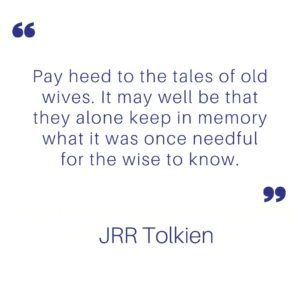
Timeless Tales from Marwar is a delightful collection of 17 short stories translated by Vishes Kothari from Vijaydan Detha’s Batan Ri Phulwari. They are steeped in the oral storytelling tradition and have belonged to the people for generations.
And yet, as we read these tales, they seem to be as fresh and as appealing as ever. Their characters might be different, their situations and their problems are dated and yet, they preserve a deep, underlying connection that tugs at something deep within the reader.
We encourage you to buy books from a local bookstore. If that is not possible, please use the links on the page and support us. Thank you.
The land and its stories
Rajasthani culture is colourful, and each story captures this beautifully. We have the stories of the wise king Bhoj, the kind Seth, the selfish and cunning Thakar, the intelligent sethani, the witty young boy and the cunning witch. Everyone lives in a world of magic and wonder, which is at once firmly rooted in the flavour of Rajasthan; its mitti ki khushboo. Here, witches trick children, the water turns a child into a peacock, a naag makes a dough doll come alive, gulgulas grow on trees, and pearls grow in fields instead of crops.
The collection is generous with its use of Rajasthani words like apchara, daakan, dokri, laadal beta, gulgula, singar, beendni, which helps carry some of the original sound and word to the translation. Apart from this, the descriptions and references to the local flora and fauna like kair and khejdi trees, dishes like gulgula, festivals like teej, and deities like Goga ji also situate the stories firmly in the land of the golden sands.
The time traveler’s promenade
Reading Timeless Tales from Marwar is like visiting Rajasthan in all its glory. Bijji was capable of preserving not just the stories but also their local flavour and the translation has preserved it, through the use of colloquial language and vocabulary, along with unique sentence structures at certain places; all of which contribute to preserving the quality of an oral narrative.
The orality of the tales comes across in certain sentences and utterances of the characters. For example, describing a village, the narrator says, “simple dreams and simple Kaam! The earth below and above Raam!” or the use of the local expression “re” also adds to the spoken quality as it does here when a character asks the sandal tree to keep growing by telling it “Climb climb re, sandal tree” or when a young boy says “Kiska jheentiya, kiska tam? Chal meri matki, dhamaak-a-dham!” or a woman turned into a tree addresses her husband “Husbandji o husbandji, you may cut this kelu tree.”
The wisdom of the ages
Most of these tales are simple in narrative structure, but mine have a deeper well of wisdom, wit, and emotive appeal, in their meaning.
There are stories of wit and intelligence where the opponent is tricked like Jheentiya and The Gulgula Tree; there are tales of morals like To Each His Own and The Leaf and the Pebble; there are stories of magic where the suppressed are finally happy like The Kelu Tree and then there are some stories that are bound to appeal to the reader’s emotions like Sonal Bai and Eternal Hope.
One with nature
An important feature of these tales (and all folk tales) is the prevalence and importance of animals and the natural and material world at large. Here, even the lowly joo (lice) also gets a prominent part in two stories, the naag-naagan can live with the humans, the doe makes promises to the hunter, and peacocks die mourning the deaths of humans.
Even inanimate objects are full of life (think Beauty and the Beast), like in the story of the leaf and the pebble; a lesson in friendship and its sacrifices.
Timeless Tales from Marwar are just that, timeless; in their appeal, in their sense of wonder, in their charm. Each story begins with a quote from (mostly) Bijji as he explains the origin of that particular tale or his own interest in folk tales. This, along with the translator’s note and extra information about Bijji and folktales at the end, enriches the reading experience. Kudos to Kothari for taking these stories to a wider audience.
Favourite Quote:
He would explain to the people that all knowledge resided in the soil itself. By keeping one’s eyes open, one can learn those things from this soil that cannot be learnt by reading many scriptures. Kneading clay with one’s feet, one always remembers that one day this soil will take us back. This thought keeps one from leaving the path of truth.
If you like this book, you will also enjoy Daura and Bhaunri, by Anukrti Upadhyay.
Disclaimer: Purple Pencil Project received a copy of this book for review. This has not affected the review.












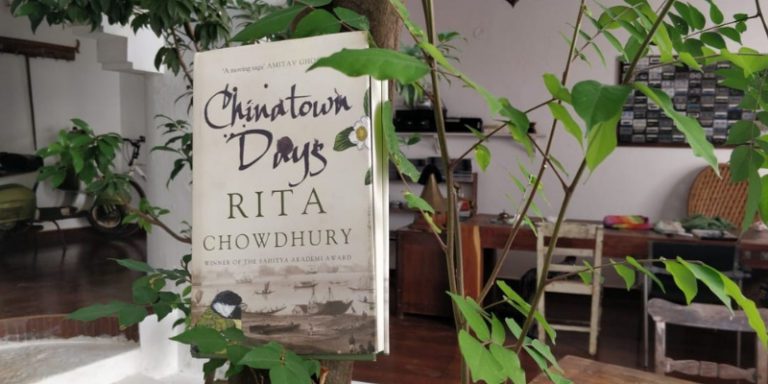

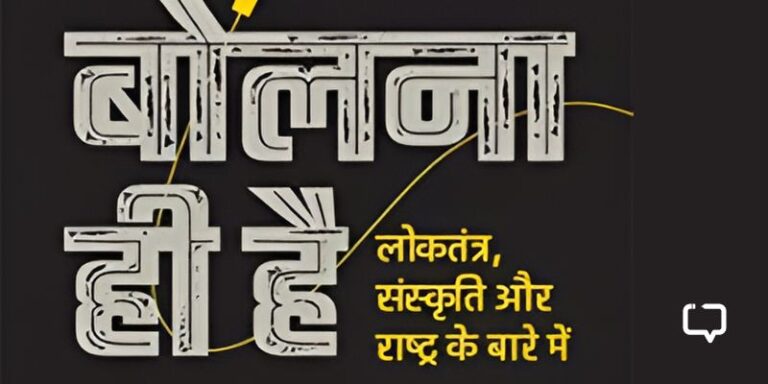

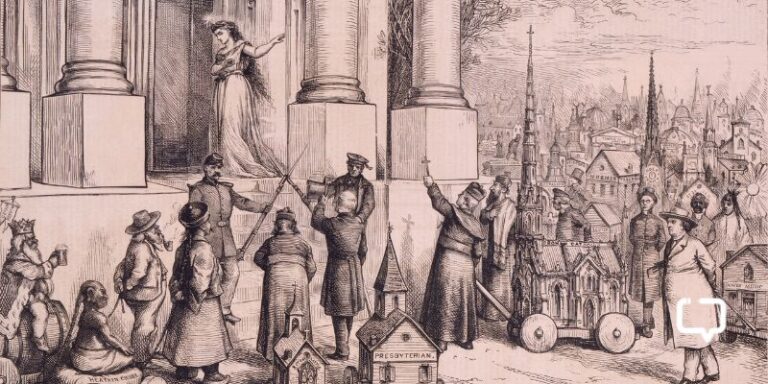
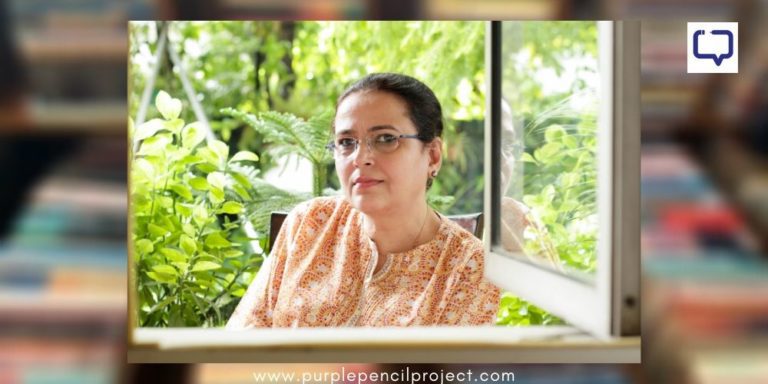





One Response
This blog has really good information. thank you for sharing it.